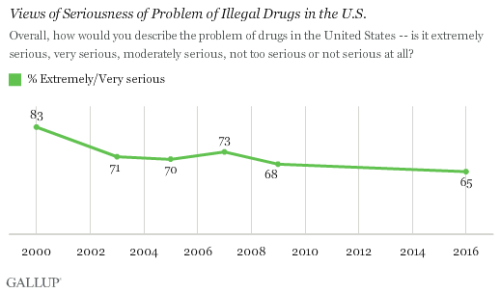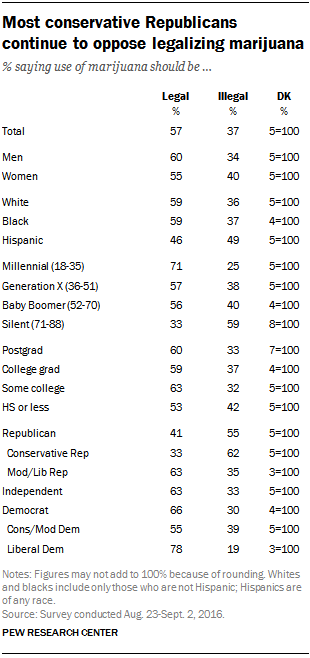A powerful report from Human Rights Watch and the American Civil Liberties Union: Every 25 Seconds: The Human Toll of Criminalizing Drug Use in the United States
Human Rights Watch and the American Civil Liberties Union call on all states and the federal government to decriminalize the use and possession for personal use of all drugs and to focus instead on prevention and harm reduction. Until decriminalization has been achieved, we urge officials to take strong measures to minimize and mitigate the harmful consequences of existing laws and policies. The costs of the status quo, as this report shows, are too great to bear.
The report takes a close look at individual cases in Texas, Louisiana, Florida, and New York with some damning stories and statistics.
We interviewed over 100 people in Texas, Louisiana, Florida, and New York who were prosecuted for small quantities of drugs—in some cases, fractions of a gram—that were clearly for personal use. Particularly in Texas and Louisiana, prosecutors did more than simply pursue these cases—they often selected the highest charges available and went after people as hard as they could. […]
In 2009 (the most recent year for which national data is available), more than 99 percent of people convicted of drug possession in the 75 largest US counties pled guilty. Our interviews and data analysis suggest that in many cases, high bail—particularly for low-income defendants—and the threat of long sentences render the right to a jury trial effectively meaningless. […]
At year-end 2014, over 25,000 people were serving sentences in local jails and another 48,000 were serving sentences in state prisons for drug possession nationwide. The number admitted to jails and prisons at some point over the course of the year was significantly higher. As with arrests, there were sharp racial disparities. In 2002 (the most recent year for which national jail data is available), Black people were over 10 times more likely than white people to be in jail for drug possession. In 2014, Black people were nearly six times more likely than white people to be in prison for drug possession. […]
Our analysis of data from Florida, Texas, and New York, presented here for the first time, shows that the majority of people convicted of drug possession in these states are sentenced to some form of incarceration. Because each dataset is different, they show us different things. For example, our data suggests that in Florida, 75 percent of people convicted of felony drug possession between 2010 and 2015 had little to no prior criminal history. Yet 84 percent of people convicted of these charges were sentenced to prison or jail. In New York State, between 2010 and 2015, the majority of people convicted of drug possession were sentenced to some period of incarceration. At year-end 2015, one of sixteen people in custody in New York State was incarcerated for drug possession. Of those, 50 percent were Black and 28 percent Latino. In Texas, between 2012 and 2016, approximately one of eleven people in prison had drug possession as their most serious offense; two of every three people serving time for drug charges were there for drug possession; and 116 people had received life sentences for drug possession, at least seven of which were for an amount weighing between one and four grams.
So much for the constant harping by drug war apologists that people aren’t going to prison for mere drug possession.
Even for those not sentenced to jail or prison, a conviction for drug possession can be devastating, due to onerous probation conditions, massive criminal justice debt, and a wide range of restrictions flowing from the conviction (known in the literature as “collateral consequencesâ€). […]
The sheer magnitude of drug possession arrests means that they are a defining feature of the way certain communities experience police in the United States. For many people, drug laws shape their interactions with and views of the police and contribute to a breakdown of trust and a lack of security. This was particularly true for Black and Latino people we interviewed. […]
While governments have a legitimate interest in preventing problematic drug use, the criminal law is not the solution. Criminalizing drug use simply has not worked as a matter of practice. Rates of drug use fluctuate, but they have not declined significantly since the “war on drugs†was declared more than four decades ago. The criminalization of drug use and possession is also inherently problematic because it represents a restriction on individual rights that is neither necessary nor proportionate to the goals it seeks to accomplish. It punishes an activity that does not directly harm others.



